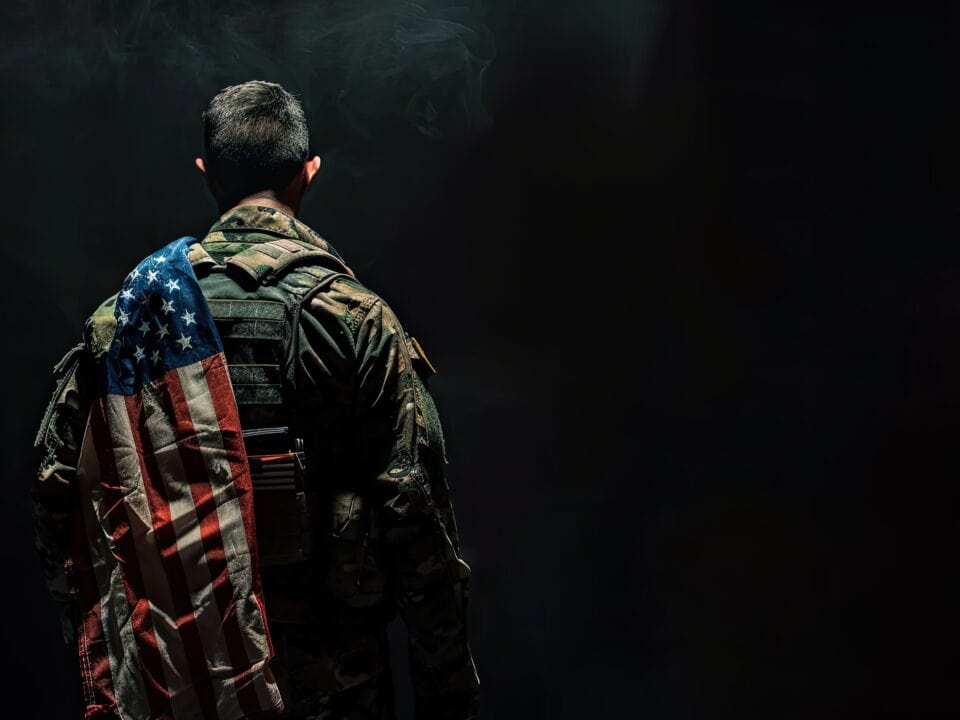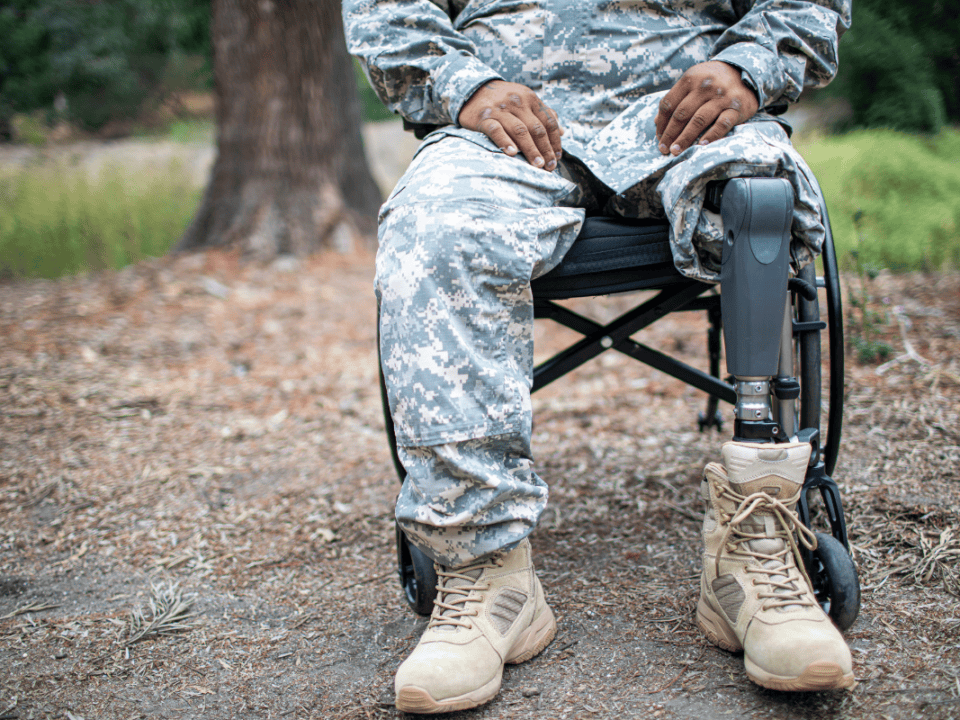When a veteran applies for VA Disability benefits as a result of service-connected conditions or other concerns,, they often present reams of documentation to prove their claim to the VA.
One of the documents that you may find useful, when looking to provide supporting evidence, is a “buddy statement.”
What is a VA Disability buddy statement, and when is a buddy statement important for proving your claim? Let’s take a closer look.
What is a VA Disability “Buddy Statement”?
The formal term for them is “Statement in Support of a Claim” (click on the link to see an example of the form), and they don’t need to be from a friend.
These statements can also come from spouses or other family members, pastors or other close community connections, or a fellow serviceman. Essentially, they are an explanatory statement by an individual or individuals that provides extra evidence and support for your claim.
How Does This Help Prove VA Disability Claims?
Many of the disabling injuries that veterans suffer during service are not immediately or outwardly visible — and since service-connected conditions can develop over years or even decades, the original medical documentation may have been long since lost or destroyed over time.
VA claims officials take into consideration extra evidence beyond the immediate medical records, and a well-prepared Statement in Support of Claim can help create a more well-rounded and complete picture of the veteran’s disability or injury.
When Is a Buddy Statement Useful?
If the initial injury saw medical treatment seven to ten years ago or longer, you may find a Statement in Support of Claim exceptionally important in proving your service-connected condition.
Most medical facilities destroy records after about that long, so the records for your claim may no longer be available just when you need them the most. Credible buddy statements help to bridge the gap when dates of treatment are otherwise missing from the record.
One service-connected condition in which a buddy statement is especially important is PTSD, or Post-Traumatic Stress Disorder. One of the largest dangers of PTSD is in the very nature of its symptoms, which include the afflicted veteran isolating themselves not just from friends and family, but also from those who may best be able to offer treatment.
It can take years for an affected individual to seek treatment for the PTSD, while friends and loved ones notice the changes immediately following or shortly after a return from service.
The credible observations of those who know you best can help to build a case that PTSD symptoms have been present for longer than medical records would necessarily show.
Many physical injuries also worsen over time, and an initial knee or shoulder issue that seemed minor may become disabling if the veteran doesn’t seek treatment or if they are forced to wait for too long before being seen.
Statements from service members who were there right alongside the afflicted veteran may be weighed and considered by the VA as evidence for the initial onset of injury when determining service connection.
Finally, while still relatively rare, veterans have been known to discover that the VA itself misplaced or lost medical records they needed to prove their claim.
In all of these cases, well-prepared Statements in Support of Claim put together by fellow servicemembers, friends, and family can all help to prove the veterans’ case and help them to receive the benefits to which they are entitled.
What Should Be Included in a Buddy Statement?
The witness should open with describing their relationship to the veteran in question, then describe the event, injury, or the way they became aware of the injury in as much detail as possible.
Include any and all relevant dates and names — this will help to increase credibility in the eyes of the VA.
For mental injuries like PTSD, Traumatic Brain Injuries, depression, anxiety, or other mental health concerns, please describe the onset of symptoms and any changes in severity in detail.
If you’re concerned about how to ask friends or family for Buddy Statements, and what to do to ensure that these statements are well-prepared before your claim goes to the VA, schedule a consultation with a legal representative to discuss the situation. They may be able to help you make sure your documentation is prepared and arranged in a way more beneficial to the chances of claim approval.
Need Help With VA Disability Claims in Columbia, SC?
BNTD Law’s SC Veterans Advocates team is made up of former servicemembers themselves. Our VA Disability team understands the unique stress of military life, and we’ve worked with many veterans to ensure their individual rights were represented when filing for VA Disability.
Reach us by phone at (803) 779-7599 or contact us online at any time to request your free VA Disability consultation.




